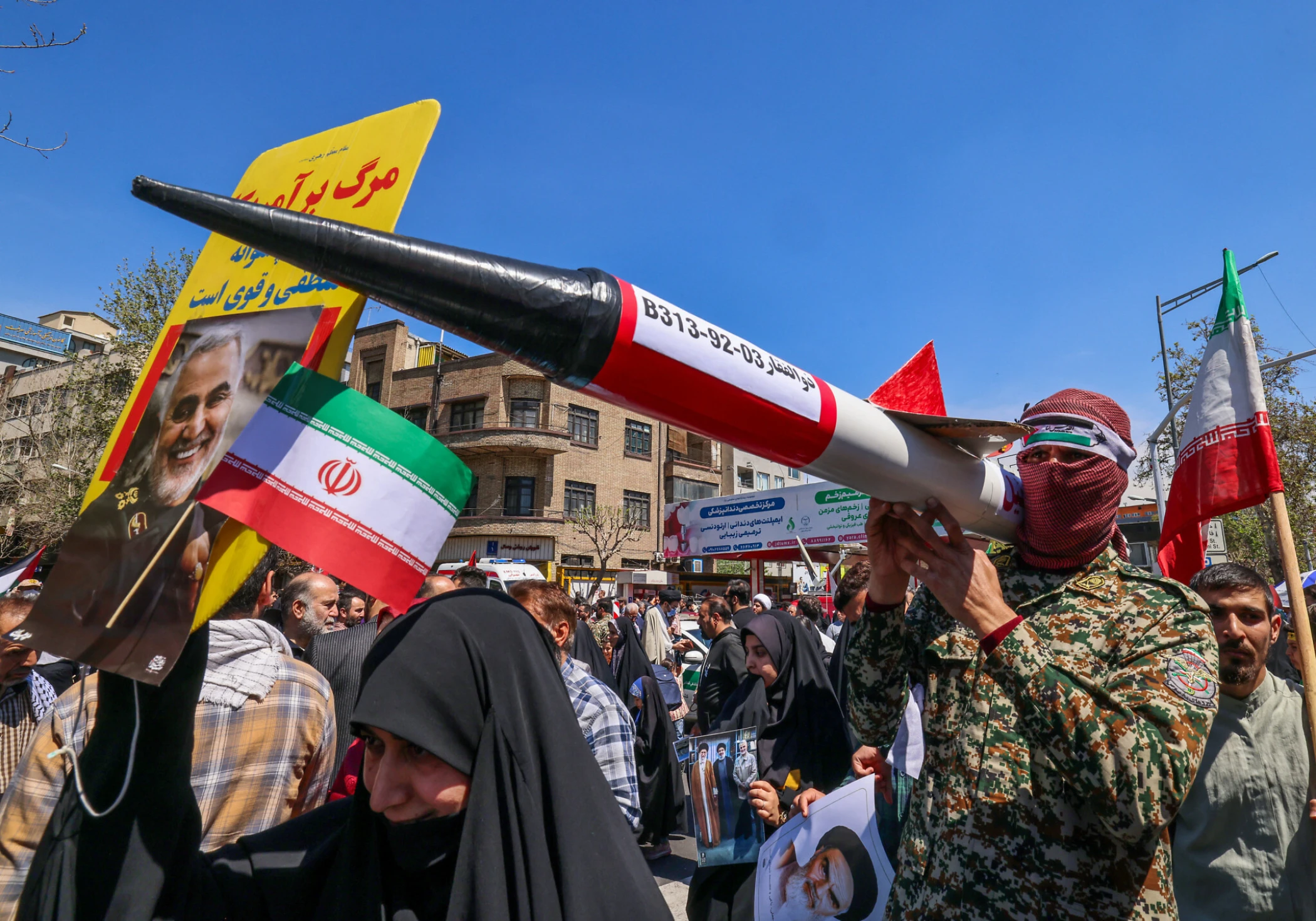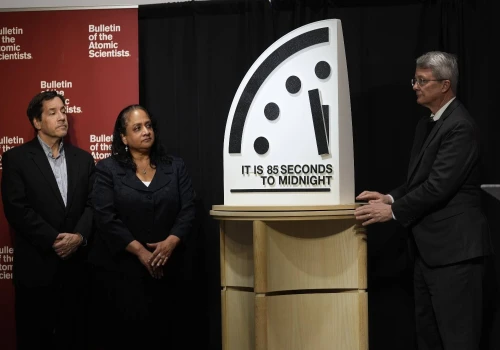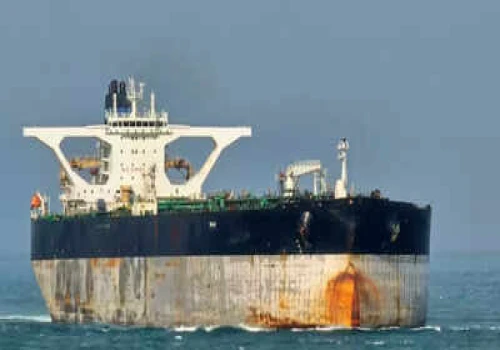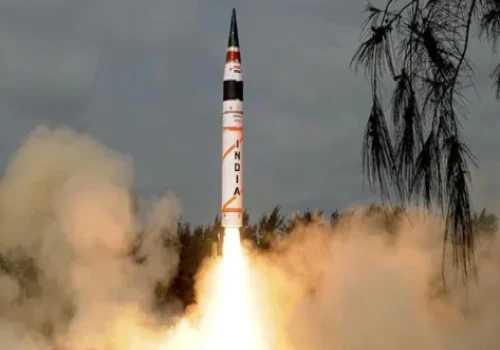
Rising tensions in the Middle East have escalated to new heights, with Iran launching a direct attack on Israel. In response to this aggression, reports are emerging that Israel may consider targeting Iran's vital oil production facilities in a potential retaliation.
In reaction to Iran's Tuesday firing of more than 180 ballistic missiles at Israel, Israeli Prime Minister Benjamin Netanyahu promised to make Tehran "pay the price." The majority of Iran's missiles were intercepted by Israel and the US, a crucial ally, and they have threatened to react. Iranian officials claim that nearly all of the targeted targets—military bases—were struck by their Fattah missiles.
"The attack appears to have been repelled and useless and this is a praise to Israeli military capability and the US military," said US President Joe Biden, endorsing their partner Israel. "Believe it or not, the United States completely supports Israel," he continued.
Iran has declared that its attack was defensive and a reaction to Israeli bombings in Lebanon and the killing of militant leaders. Unless Israel provokes them again, Iran has "concluded" the strikes, according to Foreign Minister Abbas Araqchi.
According to the Lebanese health ministry, Israel continued its attacks on Lebanon on Tuesday, resulting in the deaths of fifty-five people and the injuries of 156 more. The U.N. Security Council has set aside Wednesday as an emergency meeting to address the growing hostilities in the Middle East.
Both nations have been engaged in a shadow war for years, but today's events represent one of the most direct and aggressive confrontations in recent memory. The next 24 hours will be crucial in determining whether this conflict spirals into a broader regional war, with potential ramifications for global stability.







_500_x_350.webp)




